#informalsector
Text
The Contribution of Informal Sector to India’s Economic Growth
The unorganised sector, also referred to as informal sector, usually consists of all unincorporated private enterprises owned by individuals or households engaged in the sale and production of goods and services operated on a proprietary or partnership basis and with less than ten total workers.
Historically, the sector has always been the flag bearer of our economy. Around 80% of India’s workforce, which is nearly 44 crore, constitute the informal sector of the economy. Industries such as agriculture, textile, footwear, gems and jewellery, automotive components, and unorganised retail are the majority contributors of the sectors. Read more on The Contribution of Informal Sector to India's Economic Growth - (zarooribaathai.in)
0 notes
Text
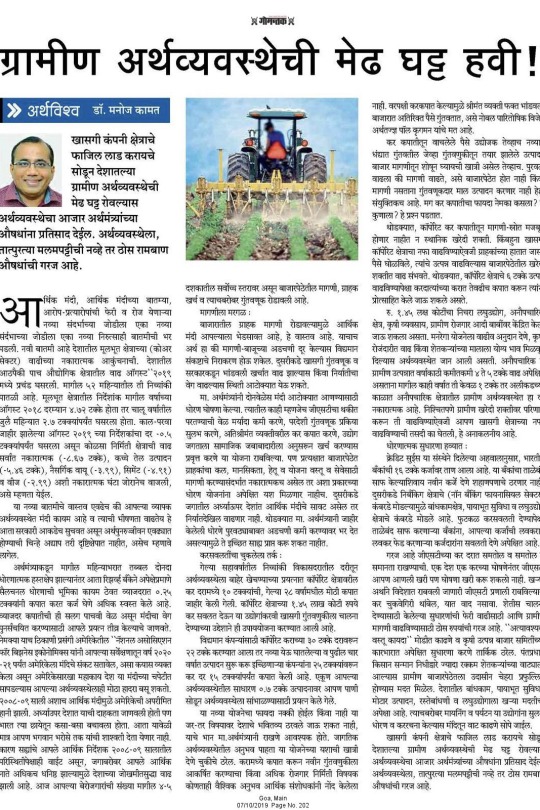
दै . गोमंतक मधील माझा ९२वा लेख
#dainikgomantak
#drmanojkamat
1 note
·
View note
Photo

Nothing like eating jam (on crackers?) with that afternoon tea. Yum! || #jam #pineapplejam #teaandjam #jamandcrackers #jamandbread #jamandscones #informalsector #informaleconomy #informaleconomybusinesses #femaleentrepreneur #femalehomebasedbusiness #empoweringwomen #purplemarketph #supportwomenentrepreneurs (at Purple Market PH) https://www.instagram.com/p/CdcET4Ch09s/?igshid=NGJjMDIxMWI=
#jam#pineapplejam#teaandjam#jamandcrackers#jamandbread#jamandscones#informalsector#informaleconomy#informaleconomybusinesses#femaleentrepreneur#femalehomebasedbusiness#empoweringwomen#purplemarketph#supportwomenentrepreneurs
0 notes
Photo
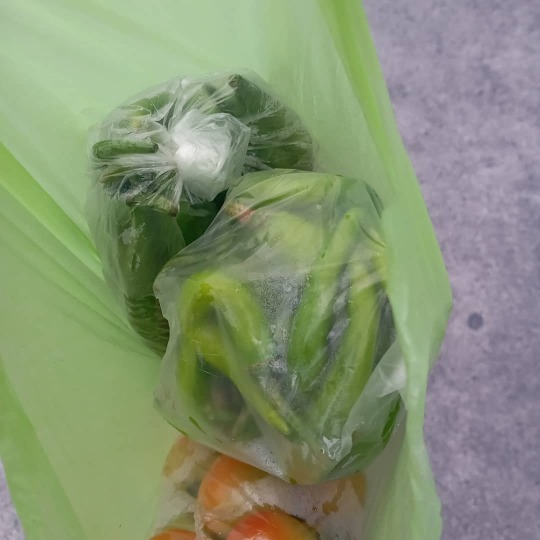
nakita ko kanina sa may gilid ng GMA ang isang nanay na nagtitinda sa gilid, isa sa mga informal sector na drivers of change, nanay na pilit nagtitinda sa labas para may maiuwe sa kanilang tahanan. #informalsector #unrecognizebusiness sa panahon ng #pandemic , isa sila sa taong resilient at business na resilient but unrecognize sila at unsupported , pero kaya nila mag-exist sana makita sila ng government, , , yun nga kung may kakilala ka na nagnenegosyo, supportahan mo, tulad ng ganyan, mga sector na lumalaban ng patas para mabuhay at para sa pamilya, , , .... buti na lang umabot ako sa bahay, para maka-attend ng "drivers of change," day 4 , at sobrang sulit, ang dami ko natutunan, "pandemic," accelerates the change .... kasama ang time and opportunity , plus those creative people who drives and dives through changes , thanks to british council for this event..... and i am dreaming wide eyes open... #DriversofChange #CreativeInnovatorsPH #CreativeHubsforGood #CultureConnectsUs (at GMA Network) https://www.instagram.com/p/CMmjqBsn1vM/?igshid=16a0xvlds79ll
#informalsector#unrecognizebusiness#pandemic#driversofchange#creativeinnovatorsph#creativehubsforgood#cultureconnectsus
0 notes
Photo
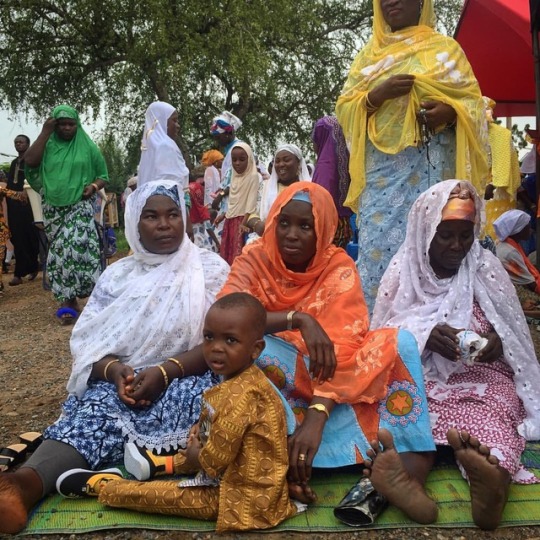
Some time ago this year someone asked me, where are women placed in our family systems and societies? I told her women rule our societies and are heads of our homes. My answer was based on some historical Akan myths about women, the position of women in traditional governance, and the role of women in our contemporary economic development. For the Asantes, the Queen mother takes the final decision on an issue. Although the heir to the Asante throne is known even before the sitting king dies, the Queen mother's blessings is still sought before enthronement. In the contemporary economic development, it is said that the informal sector forms majority of Ghana's economic foundation. Arguably, women make majority of the informal sector. Women form majority business/stall owners at Makola, Kumasi Central Market, Nana Bosoma Market in Sunyani, Sunyani Magazine, Suame Magazine, + the hawkers on the streets, in the commercial transport stations. They pay taxes and create employment for others, that's how they the contributing to Ghana's GDP. They are the real MVPs. My favorite quote about black women is @lupefiasco's "Black Mothers, beautiful black anchors" . NB: I am not a feminist. Lol! . 📷: Nana Osei - 2017 . . #Accra #Ghana #Africa #women #asantes #histroy #economy #makola #markets #business #informalsector #family #society #blackmothers #lupefiasco #streetstyle #streetphotography #everydayafrica #accrawedey (at Accra, Ghana)
#africa#informalsector#family#streetstyle#accrawedey#streetphotography#women#business#ghana#asantes#histroy#markets#blackmothers#everydayafrica#society#makola#lupefiasco#economy#accra
19 notes
·
View notes
Photo

'Water Economy - #ANarrative' In #BlackAfrica, #freshwater supply is a #business. What should be distributed to all by the #government, is in fact #capitalized by the #InformalSector, in #LowIncomeAreas. A #gallon costs just under a #Cent - a lot of #money to the #masses. #Africa has it all - but #AfricanLeaders #waste it all or do nothing to begin with. >< }: #Poverty #HarshLife #BlazingSun #ScorchingHeat #Sufferhead #SoldierLife #Life #SufferingAndSmile #WaterENoGetEnemy #RIPFela
#freshwater#informalsector#anarrative#scorchingheat#africa#capitalized#soldierlife#poverty#government#cent#africanleaders#sufferhead#blazingsun#harshlife#lowincomeareas#waste#waterenogetenemy#blackafrica#masses#gallon#life#sufferingandsmile#business#ripfela#money
0 notes
Photo
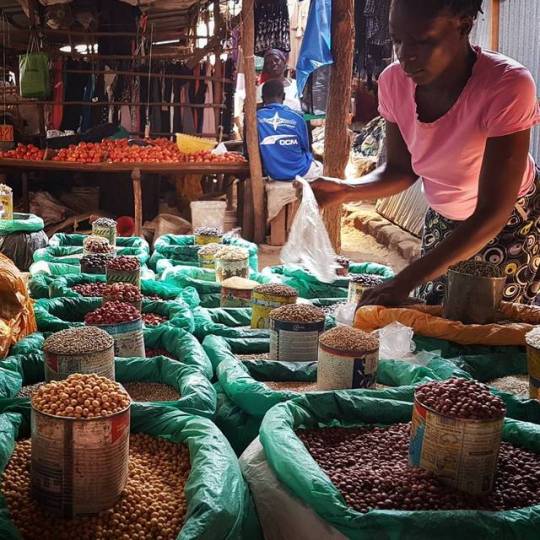
#Day119 #Beans #Lategram . (c) Marlene C. Francia 2017 . . . . . . . . . . . . . . . . . #everydayafrica #everydaykenya #everydaynairobi #ToiMarket #LocalColor #localeconomy #ColorsOfAfrica #Hardworkingwoman #MakingALiving #informalsector #soco #Grains #Pulses (at Nairobi, Kenya)
#soco#everydaynairobi#everydayafrica#hardworkingwoman#lategram#toimarket#pulses#localeconomy#day119#informalsector#grains#everydaykenya#makingaliving#beans#localcolor#colorsofafrica
0 notes
Photo
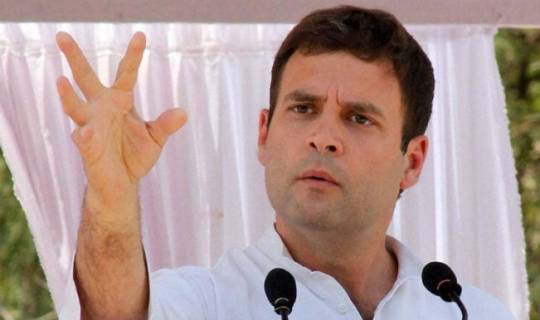
Rahul Gandhi: 'BJP govt attacking informal sector' Rahul Gandhi directed attack on the Government by sharing a video on Twitter. http://www.headlineenglish.com/national-news/rahul-gandhi-bjp-govt-attacking-informal-sector/?feed_id=9465&_unique_id=5f4cc266c6431 #informalsectors #modigovernment #rahulgandhi
0 notes
Photo
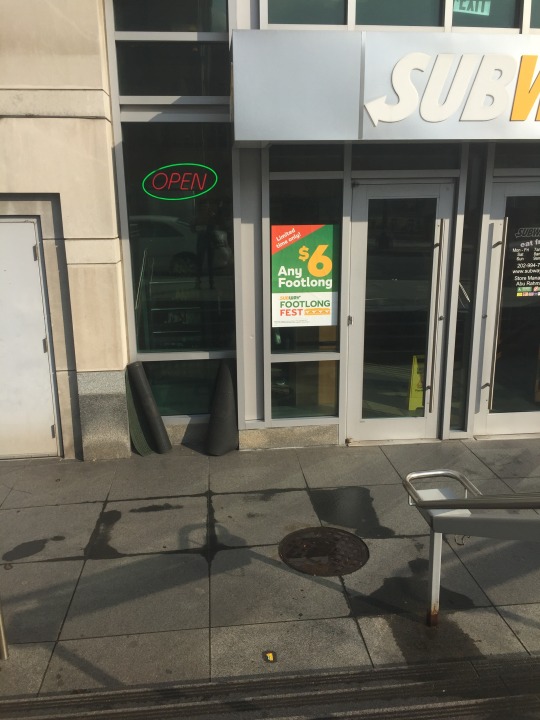

Formal Sector and Informal Sector
The formal sector, salaried or wage-based work that is officially registered, can be seen in most cultures. So can the informal sector, which is not officially registered and sometimes illegal. In America, a society that functions on market exchange, both sectors are apparent and both are governed by the laws of supply and demand.
In the first photo, a Subway store is pictured, advertising $6 footlong sandwiches. The workers there are paid by hour, and those higher up in the franchise likely have salaries, thus part of the formal sector. The prices of their products are determined by the demand of the consumers and the ability of Subway to supply the products.
The second photo shows a street vendor selling DC merchandise. Many vendors have licenses, but some do not. The industry of street vending is much less regulated than a business like Subway, and can often be unregistered. However, as it is also a part of the market economy, its prices are determined by supply and demand.
While the formal and informal sector vary in terms of regulation, they both contribute meaningfully to our economy and the way individuals earn a living and consume goods and services.
0 notes
Photo

Serve water in style? Why not? || #crochet #crocheteditem #crochetedpitchercover #pitchercover #informalsector #informaleconomy #informaleconomybusinesses #femaleentrepreneur #femalehomebasedbusiness #empoweringwomen #purplemarketph #supportwomenentrepreneurs (at Purple Market PH) https://www.instagram.com/p/CdcDI9YB9Rx/?igshid=NGJjMDIxMWI=
#crochet#crocheteditem#crochetedpitchercover#pitchercover#informalsector#informaleconomy#informaleconomybusinesses#femaleentrepreneur#femalehomebasedbusiness#empoweringwomen#purplemarketph#supportwomenentrepreneurs
0 notes
Link
The struggle for women in Mumbai to gain equal access to job opportunities and proper treatment in the workplace has been a long battle. In the slums, women are mostly part of the informal sector of the economy, where they lack protection from official agencies. Because this sector is not established by distinct corporations, employers often do not pay their female workers the appropriate amount of money for the amount of work put in. Women face discrimination in obtaining jobs because they are viewed as unskilled workers who are easily controlled and manipulated. The higher level jobs are often given to men, who are considered skilled. Also, the job profile of women are not defined, so employers take advantage by piling on great loads of work tasks on the women without compensating for their effort and time put into completing the job.
A woman by the name of Misal says that she never has a consistent income. I know from my own parents, having a consistent income has been great on bringing their stress level lower, knowing that they will have enough money to pay for all the monthly needs. Not knowing whether your income will be enough each day or week to feed your children or yourself is a discomfortable, stressful, and terrifying thought. Many women in the slums of Mumbai do not live on a stable income and the income they do receive is close to nothing. Also, in the garment manufacturing sector which dominates the informal sector of the slums of Mumbai, women are most often the first to be let go of if the economy turns bad. Out of the 3.7 million manufacturing workers who were let go by their employees between 2004 and 2005 and 2009 and 2010, 83% were women.
One non-governmental organization that has helped women in the workplace in Mumbai is Labor Education and Research Network (LEARN). The LEARN Mahila Kamgar Sanghatana (LMKS), which is a union of women involved in the informal sector of the economy, has helped women push for their rights in the workplace. They have demanded that employers clearly define their job profiles so that they cannot be taken advantage of with additional work that employers often pile on them.
If you would like to leasrn more about LEARN or would like to support their cause, please go to this website: http://learn-india.org
If you would like to read more information about the struggles of women in the informal sector of Mumbai’s economy, please go to this website: http://www.livemint.com/Specials/HIrAzK2o7EMYaf06XMNdHO/Working-class-woes-in-Indias-slum-economy.html
- Kimberly Zhang -
0 notes
Photo

Very ingenious! Strips of cloth woven to make water bottle holders. Cute colors, too! || #wovencloth #wovenwaterbottleholder #informalsector #informaleconomy #informaleconomybusinesses #femaleentrepreneur #femalehomebasedbusiness #empoweringwomen #purplemarketph (at Purple Market PH) https://www.instagram.com/p/CdcCKo5vhBR/?igshid=NGJjMDIxMWI=
#wovencloth#wovenwaterbottleholder#informalsector#informaleconomy#informaleconomybusinesses#femaleentrepreneur#femalehomebasedbusiness#empoweringwomen#purplemarketph
0 notes
Text
#eWaste from many Indian #corporates is channelized into the #informal sector with devastating #environmental and #social consequences. The informal sector poses stiff competition to the formal sector, as the informal sector often has a low-cost collection network. Additionally, the sector avoids the cost of compliance that socially and environmentally responsible #recyclers need to provide.
#Eincarnation #Mumbai- 8655606062/63
0 notes
Photo
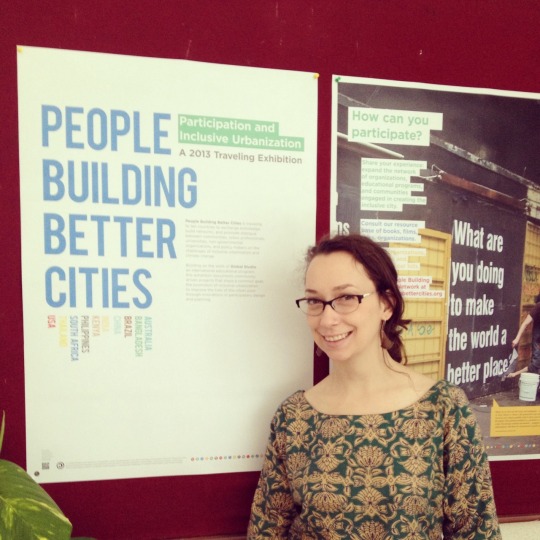
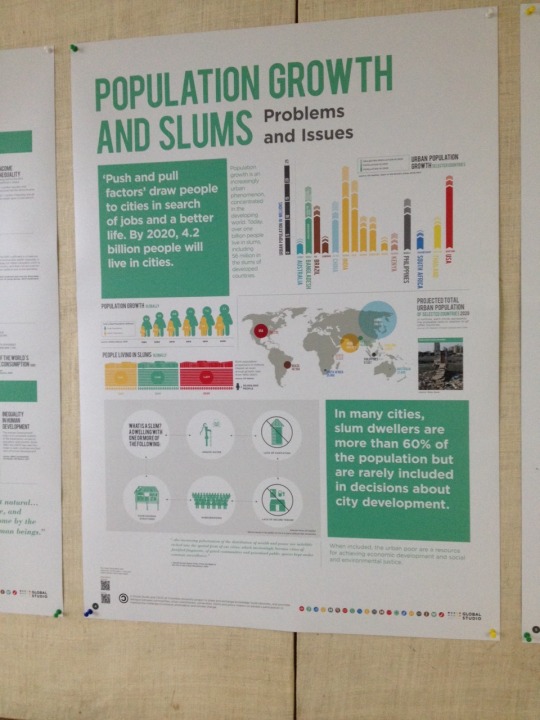

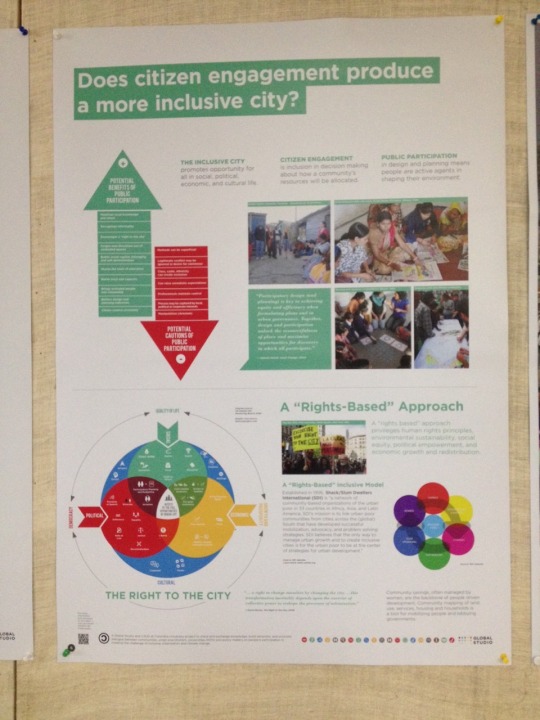
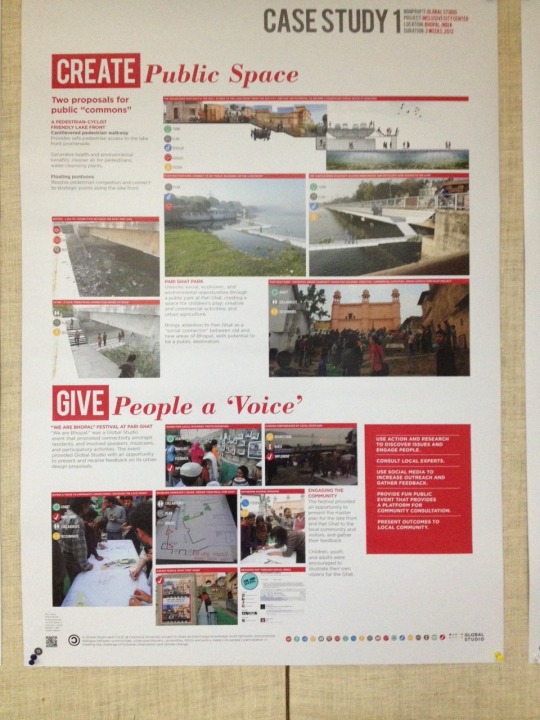
Perspectives from a recent conference I went to… People Building Better Cities
Recently I had the opportunity to attend a panel discussion on “Rethinking Urban Informality: Ideas for an Inclusive City”.
As cities expand and grow, too many people are being excluded from basic entitlements such as decent housing, security and personal safety, access to water and sanitation, and equal opportunities.
In a mega city like Delhi, exclusion is heightened and layered with societal, historical discrimination based on (not exclusive to) caste, class, religion, sexual, cultural background, place of origin, sexual orientation and gender, which rationalizes the exclusion of people in society. We often blame policies and governance as the main instigators of this discrimination, yet forget that the first culprits in creating experiences of exclusion against the marginalized sections of society are the city’s citizens. Historical systematic violence and social marginalization manifest stigma and shame that further rationalize acts of exclusion. This is violence.
The emergence of heavily gated communities is a direct indication of these widening social gaps, and prejudice attitudes. Accompanied by social barriers, the city’s middle and upper class have set living standards for themselves that are only sustained by the exploitation of people. Here in Delhi, people have created a culture of wanting things at their doors (all services). Households have at least one maid, perhaps a driver; all of these jobs require early mornings or late evenings. What was mentioned at the conference, is that people are coerced into living in inadequate spaces that don't provide basic services because they need jobs, and those providing the jobs think this is acceptable.
What even is the informal? The informal sector is actually just the part of an economy that is not taxed, monitored by any form of government, or included in any gross national product (GNP), unlike the formal economy.This can include street food vendors, waste collectors, etc.
Historically, citizens belonging to the “informal sector” were seen as a ‘burden’ to the city who resided in urban informal settlements. Negative stereotyping deemed these communities as centres of criminal activity, violence, etc. This discourse towards the urban poor or the informal sector continues with is reflected in immense discrimination and segregation.
An example of this here in New Delhi is the millions of workers informally involved in collecting, sorting, recycling and selling waste material. Waste created by others and discarded without much thought. These workers work hard to reduce carbon emission and save energy spent in handling waste. They also contribute towards saving public money and provide widespread many benefit to the society, municipalities and the environment.
Ironically however, they face harsh working conditions, low social status, deplorable living conditions and no support from the government. All despite the fact that waste collectors are vital actors in recycling about 20 percent of the city’s waste. Furthermore, they work without any direct payment; are not part of the public solid waste management systems;are socially invisible; and seldom reported in official statistics. They are also continuously excluded in legislation, criminalized by administration, ignored by society, and rarely included in decisions about city development. Even though, there understanding and experiences are extremely valuable to understanding the city’s needs.
Various questions and comments came up during the panel regarding the identity of informality, the way in which informal struggles to keep foothold in the city— regardless of the contributions of the informal to society. Conversations also revolved around how to create inclusive growth. Lastly, a definite agreement was made by all panelists, of the strong need to change the way urban informality is understood.
----
From me, the conference raised a lot of questions regarding labels such as "informal", perhaps in the same way that I find "illegal" to be problematic (when talking about people).
So, what are the benefits to an informal sector? What are the negative aspects? What changes with government regulation? How policies and government programmes be inclusive of the informal sector? How can people who hold informal jobs be protected from exploitation or violence? We also need to ask ourselves, why the informal sector exists? Who does it benefits? Who does it hurt?
Everyone has a right to inclusive cities. In order to build empathic cities, we need holistic processes that work with people in low-income households and communities. Part of this, is making sure that society stops processes of “othering”. Communities know best the issues they are dealing with and understand the way in which cities can be bettered. How can we better understand the layers of intersectionality and complexities that exist? Check out this project www.peopleforbettercities.org to read more about such approaches.
** Note: I am speaking from my experiences as an outsider who has only temporarily lived in this city and from conversations that stemmed from the panel discussion. I have definitely only encapsulated a small fragment of the issues of the informal sector, and what that means in a city like Delhi, especially South Delhi. These issues are multilayered and complex and I by no means am trying to simplify them or claim that they are easy to solve.
2 notes
·
View notes